Of ChatGPTs and Creator Economy
Authored by S Ajith Kumar, Senior Vice President, Concept Public Relations
Arguably, large language model generative AI or artificial intelligence tools such as ChatGPT, Bing and many more are the new elephants in the room for the creator economy. The arrival of this still evolving tools, most of them are for free, has stoked fears of massive replacement of humans at the creative world of content creation. This is amplified by the strike of Workers Guild of America who stopped writing scripts and generating content a month or so ago against the alleged plagiarism by the generative AI tools used by Hollywood studios in a bid to cut cost. Many see the writers strike as poetic justice playing out in full public view since these were the people who churned out scripts after scripts for Hollywood banners which made blockbusters scientific fictions depicting how robots replace humans in almost every function making the species redundant.
Joke apart, the alarmist script woven around generative AI may not die down any time soon since some of the arguments made by the doom’s day prophets sticks with public as it raises some existential questions about the future of humans. For the sake of context, it all started with an employee of a tech giant claiming that its AI chatbot has turned sentient meaning the tool was able to perceive or feel things like humans. Though the tech company sacked the staffer for his faux pas, the claim triggered a wall of worry with social media getting flooded with scarry narratives of bots and robots eventually taking over the functions that are hitherto performed by humans. This in my view is a country mile away from reality and I can convincingly argue that AI, like internet or any other transformative technology would play out as a complimentary tool at work places for humans but not supplement or replace men and women in the creative world.
In fact, contrary to the alarmist narrative, with hindsight my argument is that generative AI will ultimately generate new opportunities for creative professionals though may lead to shrinking space for of entry-level creative jobs. This is because though this still evolving technology will indeed do away with repetitive tasks that can be easily automated, thus freeing up talent to focus on work that demands more imagination or creativity.
As a sub-plot to the striking Writers Guild of America’s argument, the unbridled use of the technology will land entities directly and indirectly in conflict with the laws of the land with strong intellectual property rules and copywrite laws. A script fully generated by a generative AI tool may look perfect in print but may go against the grain of originality since most chatbots source their data from existing information pool and that is indeed two years old. Also, indiscriminate use of AI by creative professionals also carries the risk to reputation since similar queries will throw up similar output leading to copycat content.
This read with growing concerns about deep fakes takes us to the question of the need for regulating the evolving AI space. This in my view should form the core of the future debate surrounding the AI. I am of the view that the technology indeed needs tight fisted regulation since it can put the shared interest of the humanity in danger. But who and how the AI should be regulated remains an open-ended question and is open to debate.
It may be of use here to remember that Autotune did not replaced singers. It only made singers more creative. Similarly, Photoshop only improved photography and visualization. In truth, it helped photography generate better art from more artists. AI, as we know it today will have the same effect on the creator economy as well.
On the balance, AI and associate technologies will lead to what the German political economist Joseph Alois Schumpeter described as constructive destruction in the creative economy space. It may put an end to creators sweating it out with often boring and repetitive works but augment the space for sublime creation that flows from fertile minds of imagination. It may make sharp minds sharper. Will it make lazy minds lazier is another issue. In sum, the AI script needs a nuanced reading and more and more revisions which incidentally can be done only by a human being.





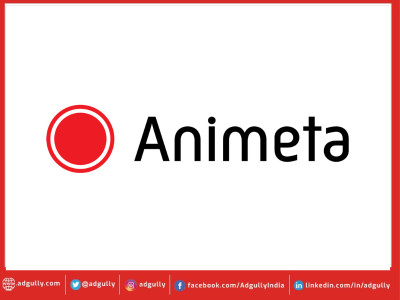
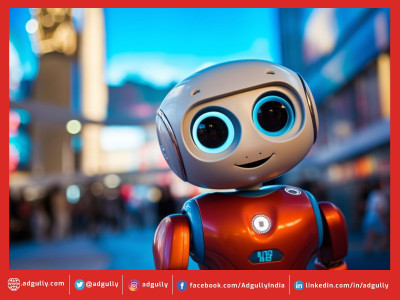
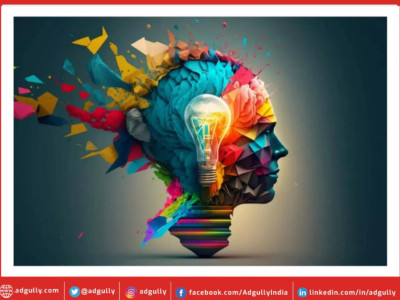
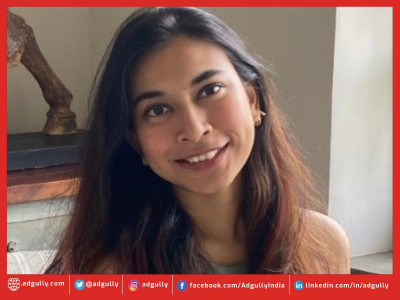
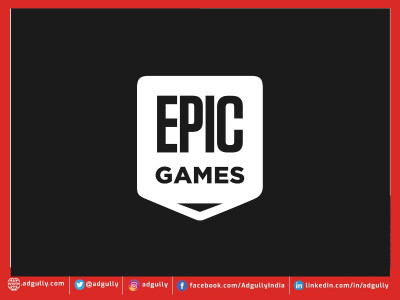
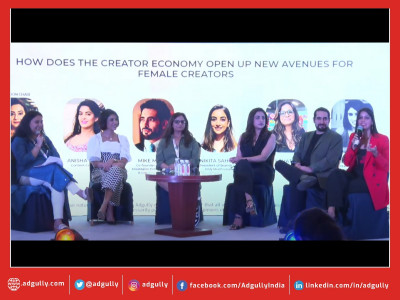



Share
Facebook
YouTube
Tweet
Twitter
LinkedIn